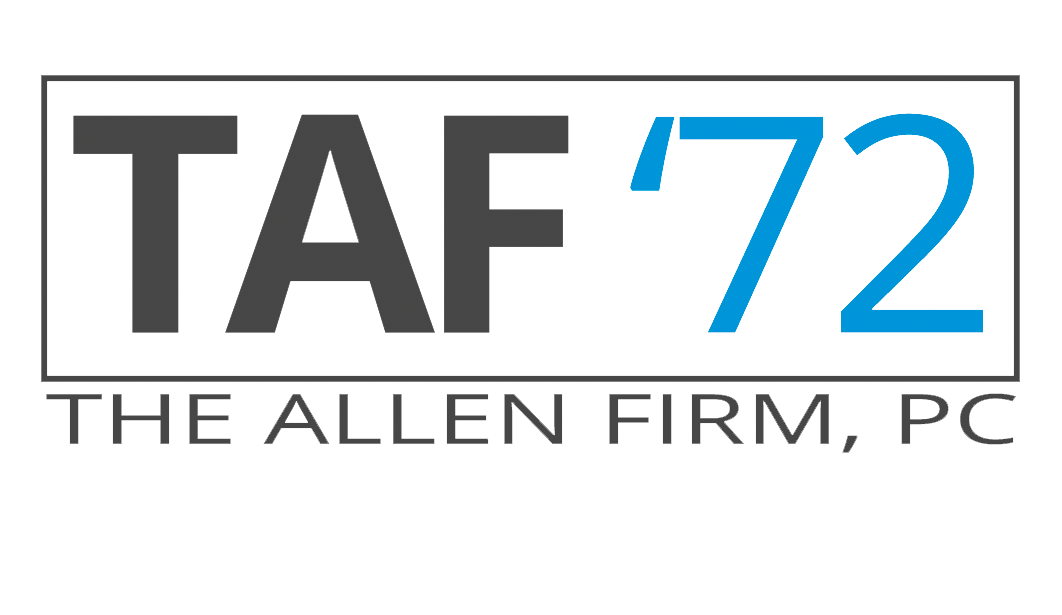Purchasing your first home can be both exciting and a bit stressful. Lenders, taxes, closing costs, inspections, and appraisals are all things buyers are considering when taking this step into, what may be, their biggest investment. Homeowners insurance is often overlooked until the lender calls asking for proof of coverage for this new purchase. Your home insurance is an important aspect to consider as that cost factors in to your mortgage payments and protects your investment.
Words of wisdom for the first time home buyer regarding purchasing insurance:
- Start looking early for an insurance carrier and agent. Referrals from your friends and family are often the best place to start when seeking out an agent to assist you with insurance. Independent agencies have the option of quoting your coverage through several companies which could be a time saver for a buyer. If you do get a quote from a monoline agency, be sure to get quotes from other agencies as well. While comparing quotes from companies, be certain that you are comparing ‘apples to apples.’
- Purpose yourself to not be so focused on price that you sacrifice quality and coverage. Find out how the insurance carrier is rated. A standard A rated company will be the best option, however, depending on the home or your insurance credit score, you may have to look at other options. There are many quality products at competitive prices out there. Don’t get caught in the trap of paying for whatever is cheapest. It is a waste of money and you will not have the protection you need. This is where a trusted agent of integrity can make a big different for a first time buyer.
- Is the home inside or outside the city limits? This information tells the insurance carrier how far away from a fire hydrant or fire rescue that your home is located.
- What type and how old is your roof? Is your home brick or frame?
- Do you have any outbuildings, barns, etc? Buyers make the mistake of assuming all buildings on the property are covered. Some policies do not have coverage for other structures so be sure you ask about this.
- What is the square feet of your home?
- Is there a pool? A fireplace?
- Is this quote for actual cash value (ACV) or replacement cost? A lender will almost always require a homebuyer to have replacement cost coverage so that the dwelling may be insured to be replaced at current cost to rebuild.
- My roof is metal or a class 4 hail resistant shingle. Is there a cosmetic exclusion on my roof? Cosmetic exclusions are more and more common with carriers but there are many who offer policies without this exclusion. This means that a carrier will not cover damage to the roof that results in cosmetic damage only. Dents in a metal roof that do not compromise the function of the roof is considered cosmetic damage and will not be covered under a cosmetic exclusion.
- What is my wind/hail/all peril deductible? Many homebuyers assume it is always 1%. Be sure you know. If you have multiple buildings damaged in a hail storm, do you pay a deductible for every building or is there an option for one deductible for damage to multiple buildings?
- Is there a discount to bundle my cars, boat, motorcycle or RV? You definitely do not have to bundle your coverage but you may enjoy good savings if you do!
- Swimming pools – not every insurance carrier will cover liability for a pool. It is very important the agent know if there is a pool on the property.
- Dogs – there are a few breeds of dogs that carriers will want to know about when insuring your property.
- Trampolines. Your carrier will want to know more about that trampoline. Does it have a net? Is it under trees or by a fence
Special Guest Blogger

Cindy Carrell
Owner / Agent
BC Insurance of Texas
2155 W. South Loop
Stephenville, Tx 76401
254-965-2839 | www.bcinsurancetx.com
The Allen Firm, PC 181 S. Graham Street | Stephenville, Texas 76401 Ph: 254.965.3185 | Fax: 254.965.6539

